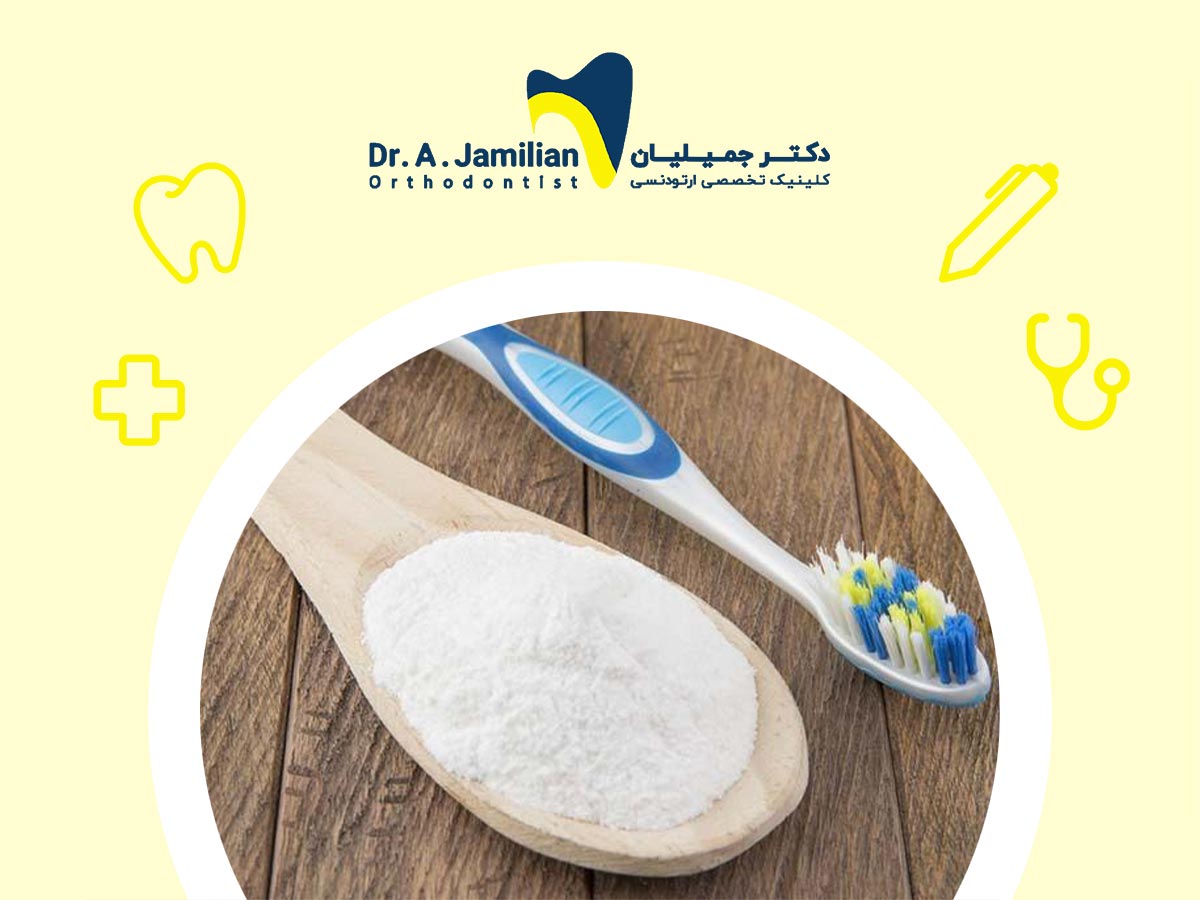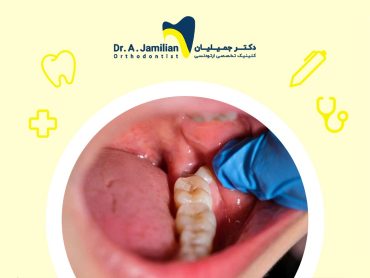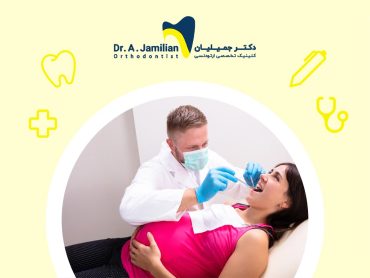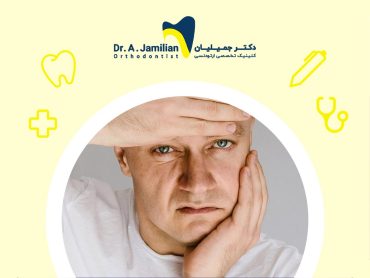By a simple online search, you will notice that in some cases using baking soda is prescribed as a way for bleaching teeth. However, the question is whether using baking soda is a safe and useful way for bleaching teeth and what are the potential (side) effects of baking soda on teeth?
In this article, you will be familiar with the uses of baking soda and also its disadvantages for oral and dental health. There is no doubt that despite its advantages, this traditional or home remedy, which is not confirmed by specialists, is detrimental for your oral and dental health. Reading this article is suggested to you and in certain cases, you can ask for the opinion of a dentist for more certainty.

Uses of Baking Soda for Tooth
Some people believe that baking soda can be used instead of toothpaste or they think that the mixture of vinegar and baking soda is useful for teeth. They even try baking soda as a painkiller to get rid of toothache. The baking soda is able to remove the tooth stains, as it can remove stains caused by coffee and cigarettes from surfaces like clothes and other surfaces. It is also thought that it can be used as a way for scaling and bleaching teeth. Some people use the mixture of baking soda and water for gargling or as a mouthwash. This mixture has anti-bacterial and anti-microbial properties and because of its alkaline properties it can change the acidity degree of the mouth environment, which in turn would result in removal of aphthous ulcers, reduction of plaque and gingivitis.
Since today all of the above mentioned items including toothpaste, bleaching materials, mouthwash etc. with specialized formulation and safe effectiveness are available for everybody, there is no advantage and preference in using baking soda for maintaining oral and dental health. Moreover, using it would be followed with side effects and disadvantages which will be explained later in this article.
Some Disadvantages of Baking Soda Against Tooth
People who suggest you use baking soda as a way for bleaching your teeth, never would tell you anything about the disadvantages and side effects of baking soda against your teeth. Destruction of tooth enamel or loosening of the orthodontic brackets are only two examples of these disadvantages. Let us analyze these disadvantages briefly:
1- Destruction of Tooth Enamel and Facilitation of Tooth Day by Baking Soda
One of the most important side effects of baking soda against your tooth is that it damages your tooth enamel very seriously. It is because this substance is corrosive. In some cases, using baking soda instead of toothpaste can be suggested. It is important to note that fluoride, one can find in all standard toothpastes, can play as a shield against the tooth decay and development of more holes and caries. Although the baking soda somehow is able to remove some stains, it fails to protect your teeth against decay. Because of its corrosive effect on the tooth enamel, it will destroy it and bring about further decay. If your teeth are equipped with a ceramic crown, you have to know that baking soda can damage it seriously.
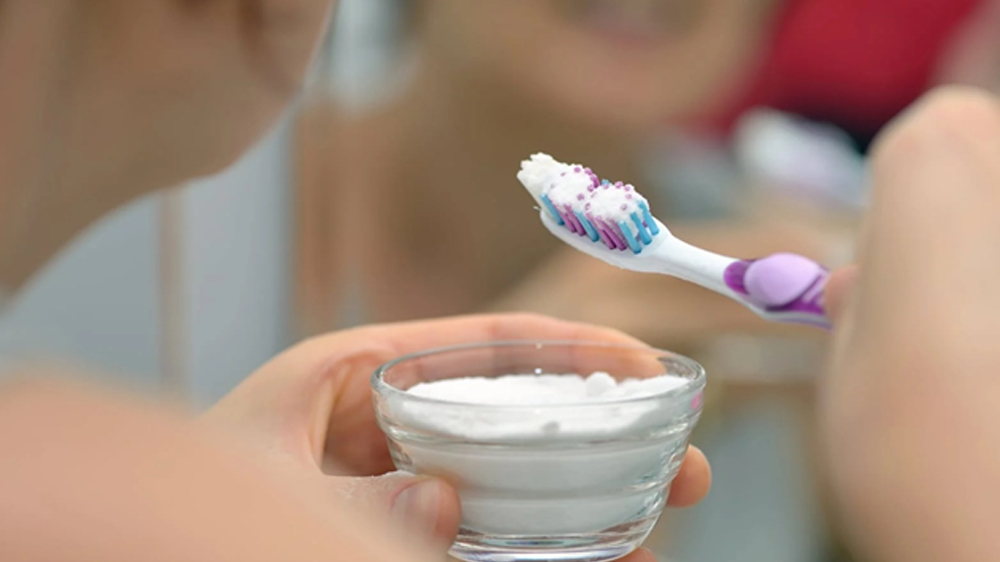
2- Allergy to Baking Soda and Occurrence of Allergic Symptoms
Some people show allergic reactions to baking soda, as even if they use it only once the allergic symptoms would be seen inside their mouth, over their gums or even across their palate. The allergy, which is more common in women, occurs with different intensity and would lead to serious damages in the outer membrane and would destroy it totally.
3- Loosening of Orthodontic Wires and Brackets Because of Using Baking Soda
If your teeth are treated with orthodontics, there is no doubt that using baking soda will have many negative consequences for you. Baking soda is able to enfeeble the special glue used for holding the bracket at its place over your tooth. Excessive use of baking soda could eliminate the glue completely and cause the bracket to cut off the tooth surface.
4- Short Term Effect of Baking Soda on Tooth Whiteness
The impact of baking soda in bleaching your teeth is temporal and short term. You need to know that it can keep your teeth white for a long time. The impact of this method is temporary, so you have to use it on your teeth two times a week in order to keep your teeth white. To achieve a long term impact, you have to use bleaching and dental scaling, which are performed by specialized dentists.
Effects Of Baking Soda On Tooth FAQ
Baking soda can damage your tooth enamel, can enfeeble adhesive or glue by which your orthodontic wire and bracket to your teeth, it can also stimulate allergic reactions, destroy the internal oral membrane, deepening decay and development of dental caries and holes and stimulation of allergy to cold and warm.
No. bleaching or whitening teeth with the mixture of baking soda and lemon juice or any other acidic mixture will eliminate and destroy your tooth. Fruit juices are acidic, so they can eliminate your tooth enamel, especially when they are drunk with baking soda and other corrosive substances.
Yes, because of corrosiveness of baking soda, it can destroy the tooth enamel and intensify the tooth and also it can deepen the dental holes and caries.
Yes, although many people use baking soda for whitening their teeth, they need to know that because of the corrosiveness of baking soda, it can attenuate and eliminate the tooth enamel.
